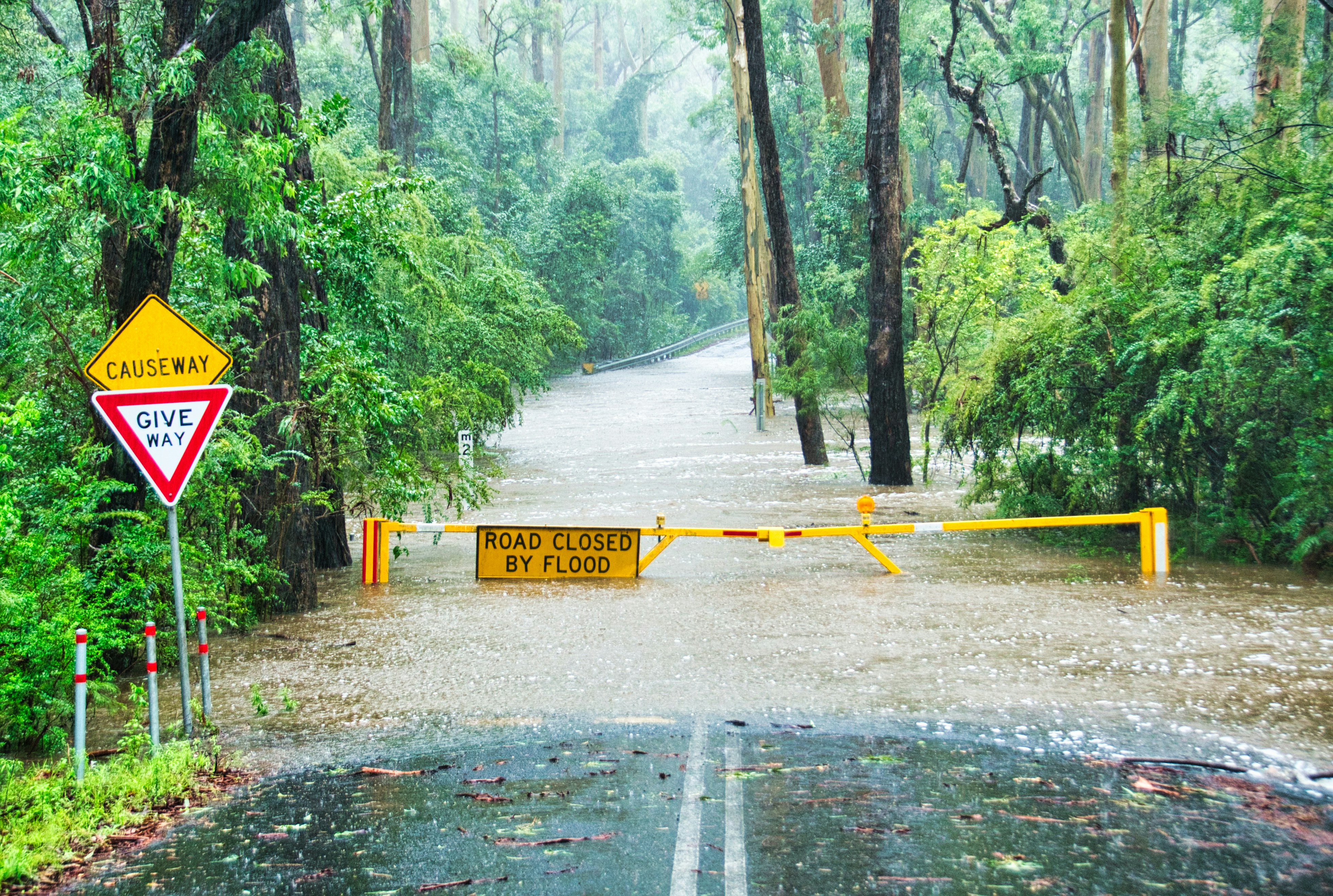News release
From:
Environment: Using AI to improve flood forecasting
An artificial intelligence (AI) model could improve the accuracy of flood forecasting, a study in Nature reports. The system is shown to be as accurate as, or an improvement on, current leading methods and could provide earlier warnings of large flooding events.
Human-caused climate change has increased the frequency of flooding in some regions. Current forecasting methods are limited by their reliance on stream gauges (monitoring stations along rivers), which are not distributed evenly across the globe. Ungauged rivers are thus harder to forecast, with the negative effects of this primarily felt by developing countries.
Grey Nearing and colleagues have developed an AI model that was trained using 5,680 existing gauges to predict daily streamflow in ungauged watersheds over a 7-day forecast period. The AI model was then tested against the leading global software for predicting floods in both short-term and long-term scenarios, the Global Flood Awareness System (GloFAS ).
The AI model was able to provide flood predictions five days in advance that were as reliable as, or better than, the current system’s same-day predictions. In addition, the accuracy of the AI model when predicting extreme weather events with a return window of five years was equal to or an improvement on the GloFAS predictions for events with a one-year return window. These results suggest that the AI model can provide flood warnings for both small and extreme events in ungauged basins with a longer notice period than previous methods and could improve access to reliable flood forecasting for developing regions.



 International
International



